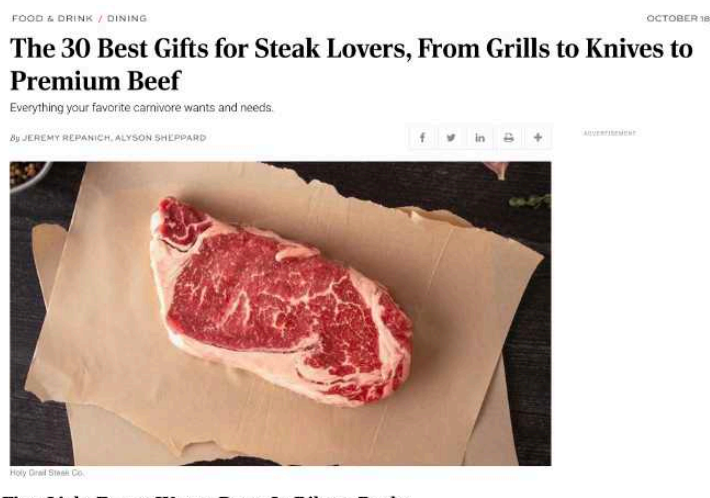The Importance of Using a Dog Nutritionist
By Dr. Mark Roberts, PhD
When most dog owners select a particular dog food to feed their pet, several aspects are involved in the decision making process. However, one which is mostly forgotten, is if a dog nutritionist was used to formulate the diet. Formulating a diet for a dog is not an easy process, requiring a complete understanding of the animal’s nutritional requirements, the chemical composition of all ingredients, the formulation process and how pathophysiologic aspects alter the animal’s nutritional requirements1. The selection of appropriate ingredients should be based on their nutritional content, availability, palatability, and cost2. Indeed, although it is possible for a dog owner to make a diet, the likelihood of it being complete and balanced and accounting for all the outlined factors is limited.
From a nutritionist’s point of view, dogs and cats should be fed diets with adequate amounts of nutrients that are readily available and present in a palatable mixture of safe ingredients. The diets should sustain a healthy, long life as supported by current scientific data. However, within the construction of a diet, variations regarding how much protein, fat and carbohydrate is included, (beyond that of achieving the minimum requirement), is both are the discretion of the nutritionist and the philosophy of the company, he or she is conducting work for. Moreover, the usage of any vitamin or mineral supplements, for example organic or inorganic, also allows for differences in selection.
The specific “selling point” of a diet must also be accounted by the formulator of a diet. For example, in today’s commercial dog food market, many different approaches are applied, including grain free, vegetarian and even those with insect based protein. Although some of these have no proven benefits, all must feature as one of the Association of American Feed Control Officials (AAFCO) approved ingredients. Indeed, one of the most recent additions is that of mealworm-based proteins, gaining approval after a six-month scientific trial, proving its safety and nutritional efficacy3.
Another nutritional factor, which must also be accounted for by a dog nutritionist, is the inclusion of ingredients referred to as “functional foods.” These are basically products which essentially provide a therapeutic benefit. The addition of these items to a diet, and if a health benefit is associated with the diet, must consist of a detailed investigation determining if a product can conclusively be proven to be of benefit to a dog. Only when this has been verified, and a meaningful dosage has been established, should it be added to a dietary mix. A fitting example of this, is that of fish oil. This marine based product is a rich source of omega-3 poly unsaturated fatty acids PUFAs. This consists of eicosapentaenoic acid (EPA) and docosahexaenoic acid (DHA), with both having an anti-inflammatory impact on a dog. Depending on the condition a dog has, or as a preventative measure, dosages can vary. For instance, if used for osteoarthritis and joint health, studies suggest that a dose of between 230mg of EPA and DHA/kg of BW0.75 and 370 mg EPA and DHA/kg of BW0.75 per day4. Thus, applying this calculation within a diet, will justify the joint health statement.
In summary, it is strongly advisable that every commercial dog food company uses a qualified dog nutritionist, to formulate their diets and conduct ongoing dietary assessments. The role is a completed one, having to account for a multitude of factors in the construction of a complete and balanced diet. The importance of this, is well recognised by First Light Dog Food, using Dr Mark Roberts, who has a PhD in Animal Science, to construct the diet range.
References
1. Oliveira, M. C., Brunetto, M. A., da Silva, F. L., Jeremias, J. T., Tortola, L., Gomes, M. O., & Carciofi, A. C. (2014). Evaluation of the owner’s perception in the use of homemade diets for the nutritional management of dogs. Journal of nutritional science, 3, e23.
2. Beynen, A. C. (2014). A nutritionist’s view on diets for dogs and cats. Creature Companion, 66-67.
3. AAFCO greenlights mealworm ingredient for use in US dog food (2024) Pet Food Processing.
4. Bauer, J. E. (2011). Therapeutic use of fish oils in companion animals. Journal of the American Veterinary Medical Association, 239(11), 1441-1451.









